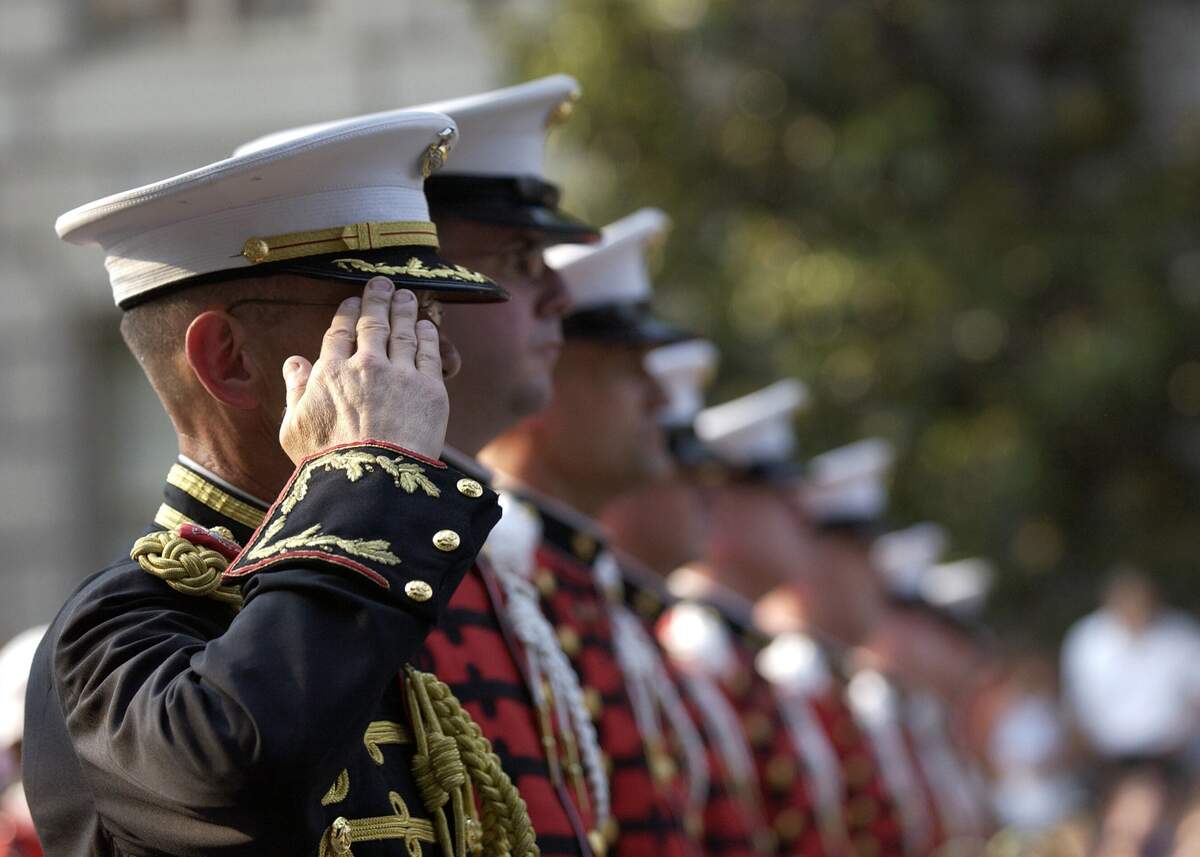

Chauvin Day
Also known as
Nicolas Chauvin Day
Observed
annually on August 15th
Dates
Hashtags
Sources
https://en.wikipedia.org/wiki/Nicolas_Chauvin
https://www.amazon.com/dp/1598888587?tag=checkiday08-20
https://www.ancient-origins.net/history-ancient-traditions/chauvinism-0011770
https://www.anrdoezrs.net/links/100298379/type/dlg/https://www.newspapers.com/image/181067673/
https://www.anrdoezrs.net/links/100298379/type/dlg/https://www.newspapers.com/image/215844572/
https://www.anrdoezrs.net/links/100298379/type/dlg/https://www.newspapers.com/image/272014301/
https://www.anrdoezrs.net/links/100298379/type/dlg/https://www.newspapers.com/image/435393345/
https://www.anrdoezrs.net/links/100298379/type/dlg/https://www.newspapers.com/image/483656431/
https://www.wofox.com/content-calendar/nicolas-chauvin-day
Chauvin Day honors Nicolas Chauvin, a French soldier who idolized Napoleon, who may or may not have existed—he likely is fictionalized, as there is no historical record of him. (Perhaps this is why there isn't consensus about the spelling of his name either—Nicolaus or Nicholas are also used for it.) According to legend, Chauvin was born in Rochefort, in Southwestern France, around 1780. Some accounts say he was born on July 4, 1776, on American Independence Day.
At age 18, during the French Republic, he enlisted as a soldier of the First Army. Then, during the First Empire, he joined Napoleon's La Grande Armée and fought in the Napoleonic Wars. It is said that he was wounded 17 times and experienced maiming and disfigurement and that because of his military contributions Napoleon presented him with the Sabre of Honor and a pension of 200 francs.
Chauvin refused to acknowledge Napoleon's defeat after the Battle of Waterloo, and kept his devotion to Napoleon despite the loss of favor the leader experienced during Restoration France. Because of his blind loyalty to Napoleon, and to anything French, he was ridiculed, first by some of his fellow soldiers, and then by the French public. He became a symbol of other ridiculed veterans of the Napoleonic Wars who stayed loyal to the fallen leader.
The legacy of Nicolas Chauvin continued. In 1831, a French play created by the Cogniard brothers, La Cocarde Tricolore, was modeled after Chauvin's career and shown in Paris. Although a different story about a different character, it presented a protagonist who started out being overly patriotic and eventually became an unrelenting supporter of any cause. More notably, the word "chauvinism" is derived from Chauvin. At first, it was a word ascribed to those who displayed extreme nationalism and national pride. In around 1870 it entered the English lexicon, and its definition shifted to mean "blind or absurdly intense attachment to any cause"—a type of bigotry or bias. Since around the 1970s, the main cause this has become attached to is that of male superiority, and the word is commonly preceded with "male."
But chauvinism is not what Chauvin Day is about. It is about honoring a French soldier who may or may not have existed. Since Chauvin's birthdate is unknown—if he even had one—the holiday is marked on the birthdate of Napoleon. It is unknown how the holiday got its start or who started it, but there are records of it dating back at least to 1978.
How to Observe Chauvin Day
- Visit France or plan for a future trip there.
- Learn French. (Then you'll be able to read La Cocarde Tricolore)!
- Read Realms of Memory: The Construction of the French Past or a book about Napoleon.
- Watch The Glorious Acceptance of Nicolas Chauvin or a documentary about the era of Napoleon.





















